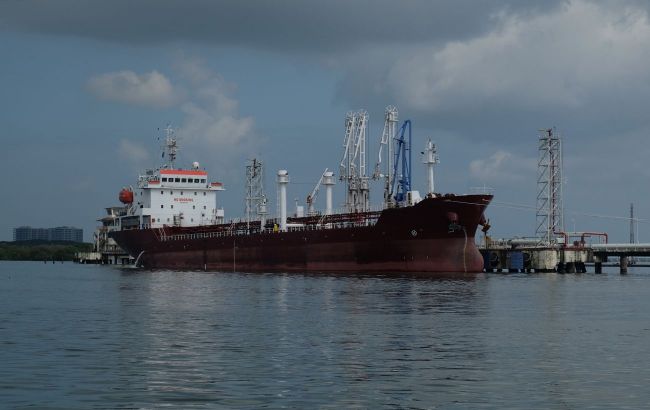Russia's shadow fleet representatives are preparing meeting with new administration in Washington
 Representatives of Russia's shadow fleet are preparing a meeting with the new administration in Washington (photo: GettyImages)
Representatives of Russia's shadow fleet are preparing a meeting with the new administration in Washington (photo: GettyImages)
Representatives of Coral spotted in Washington. They are reportedly attempting to organize a meeting with the new presidential administration, the founder of the Ukrainian Institute for the Future, Anatoliy Amelin reports.
According to Amelin, the lobbying firm Qorvis could play a significant role in this situation. However, there is no official confirmation of its involvement in the negotiations.
"What agreements could they reach with the new administration? And will they succeed? " the expert added.
To date, sanctions against the shadow fleet have covered only a limited range of entities, such as Vostok, Shell Company Voliton, Bellatrix, and a few vessels. Most of these operations are carried out through intermediary networks.
On December 17, the British government introduced a new sanctions package targeting companies and 20 vessels in Russia’s shadow fleet involved in transporting Russian oil.
However, no sanctions have been applied against them in the US or Ukraine.
Before the Ukraine war started, it was noted that Coral Energy is one of the largest transport companies assisting Russia in oil exports. Some of these companies are registered in Turkey, while others are based in India. The emergence of such companies is linked to the complex regulatory environment of the oil market.
According to The Wall Street Journal, Etibar Eyub in Moscow manages a significant portion of the shadow fleet — at least 100 vessels — contributing substantially to Rosneft’s oil revenues, which fund the war against Ukraine.

